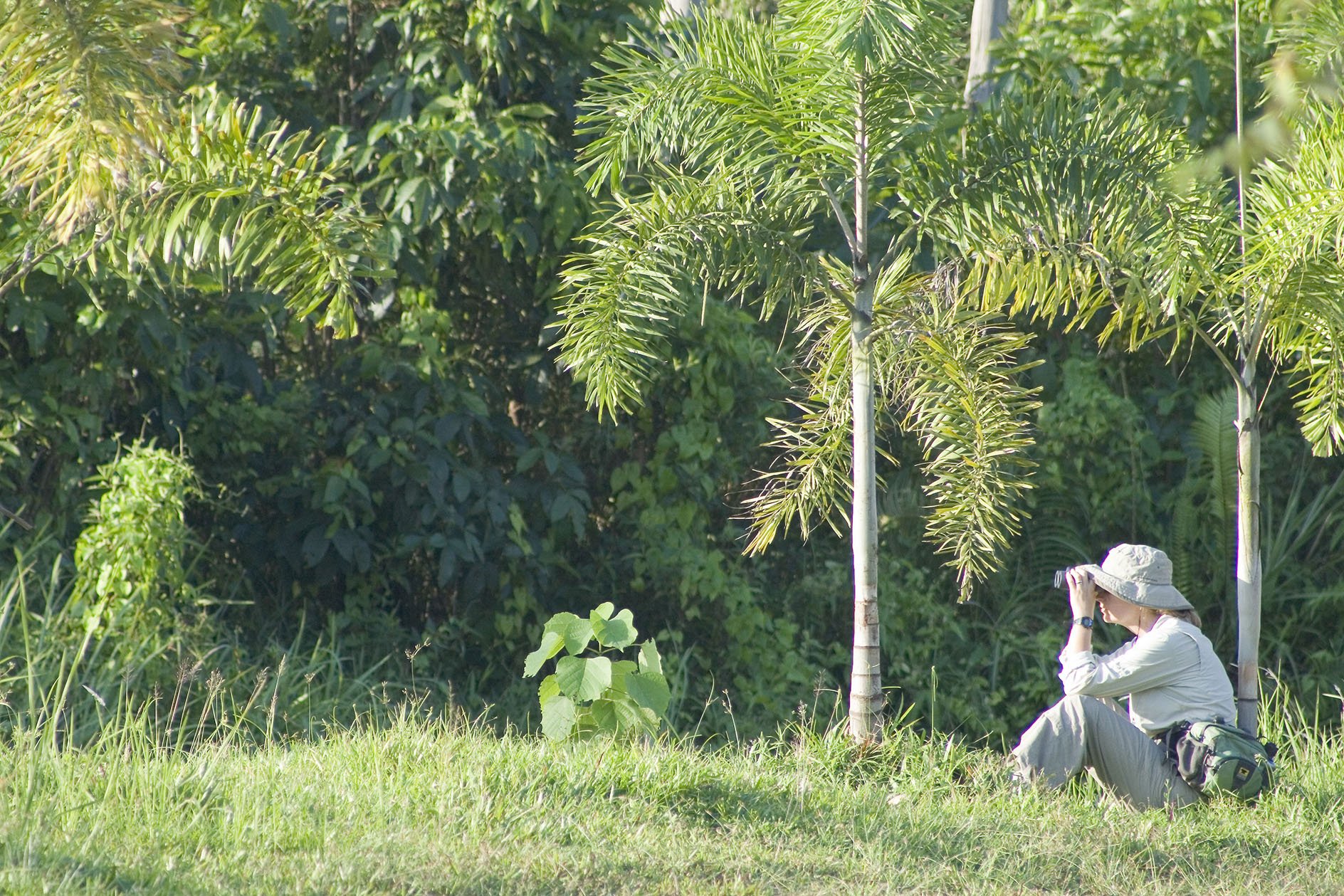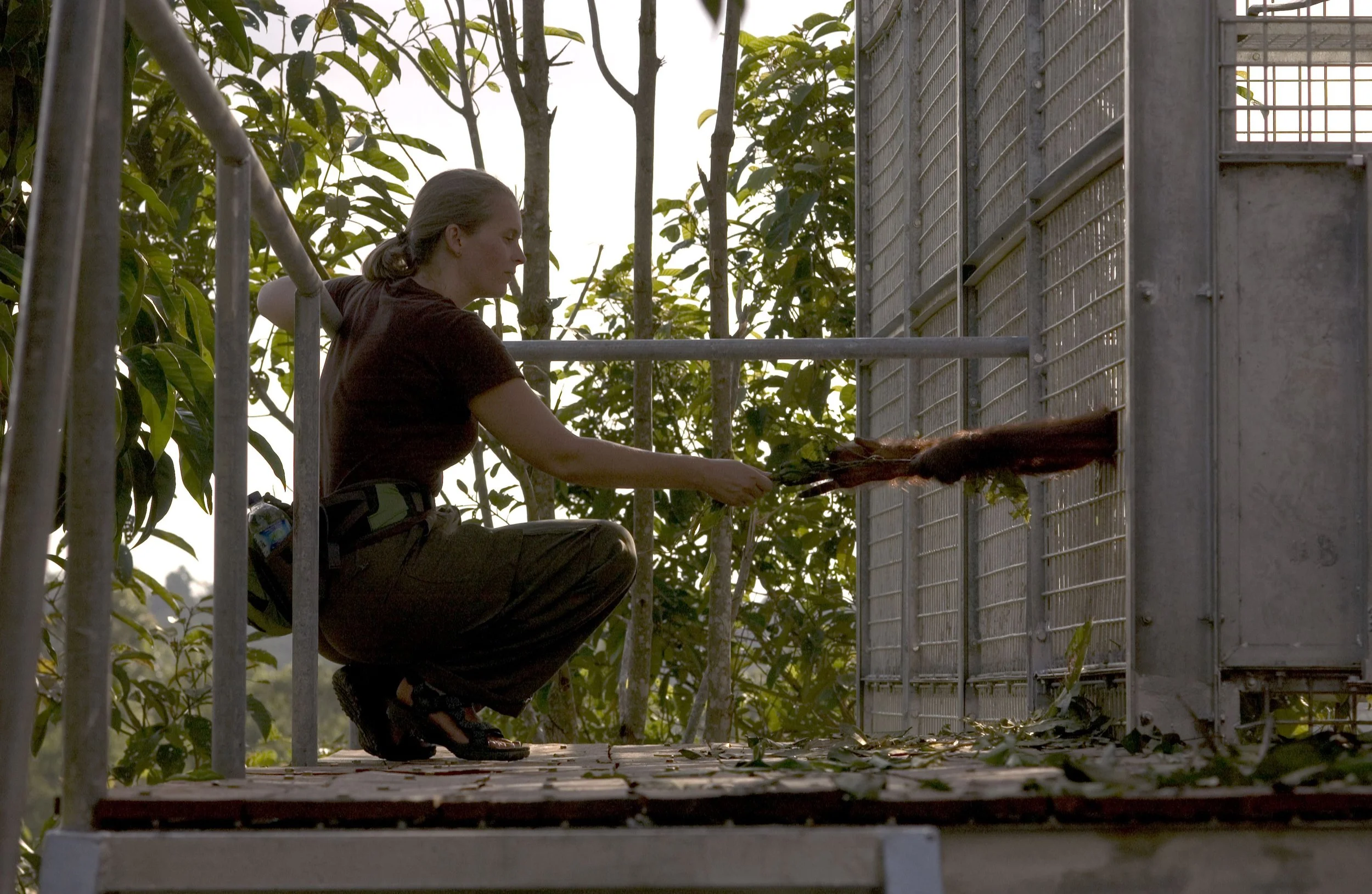
Research
Philosophy of Animal Minds
Photo credit: Dale Smith
I have published on the evolution of morality, the pluralistic and normative nature of human folk psychology, the varieties of self understanding, chimpanzee mindreading, animal belief, normativity in nonhuman animals, methodology in animal cognition research, and on the ethical implications of the cognitive, cultural, social, and emotional lives of other animals.
Projects:
Wild Societies. I am writing a trade book for Norton on the deep implications of animal culture for our thinking about the social world. Animals were long thought to be innately endowed with their skills. Even David Hume suggested that birds instinctively know how to build nests, unlike humans, who must learn to build their shelters. But now we know better. Animals don’t “emerge from the kiln fully formed”, but learn their social ways, create social categories, and organize societies constrained by social norms.
Animal Consciousness. Noam Miller and I have a paper under review that argues for a social function of consciousness. In 2024 I published a paper in Mind & Language arguing that consciousness science should accept that all animals are conscious as a working hypothesis. I address animal consciousness in both The Animal Mind (second edition, Chapter 4) and How to Study Animal Minds (Chapter 2). As a co-organizer of the New York Declaration on Animal Consciousness, we aim to showcase how research on animal consciousness can help us better understand the nature and scope of phenomenal awareness.
The Origins of Normativity. A series of papers and talks on the evolution of normative psychology, the cultural origins of morality, and the continuity of humans and other animals in terms of social and moral cognition.
Pluralistic Folk Psychology. I am continuing to develop my pluralistic theory of social understanding, introduced in my first book Do Apes Read Minds: Toward a New Folk Psychology. On this account, humans and perhaps other apes understand other minds using a variety of techniques, which can include character traits, stereotypes, social norms, scripts and schemas, past behavior, and the ascription of mental state. The view admits that there are individual differences in how often these methods are used, and how successful these methods might be.
Personhood. I defend a cluster concept of person as a social kind, a kind of dimensional account, and apply this notion to questions about the moral status of animals, robots, and AIs. This project consists of a series of papers and talks, a co-authored amicus briefs in support of chimpanzee personhood, and a short co-authored book Chimpanzee Rights: The Philosophers' Brief.
PhD Students (current)

Courses
Fall 2025
Animal Consciousness and Society, CUNY Graduate Center


